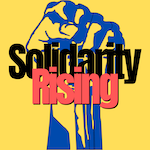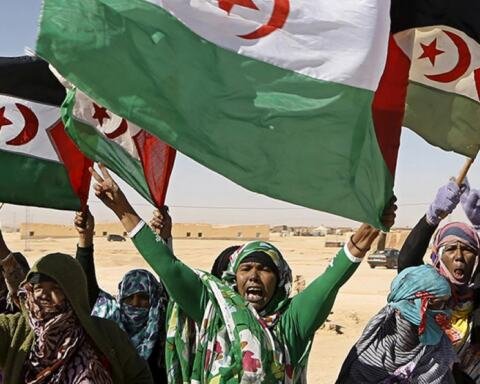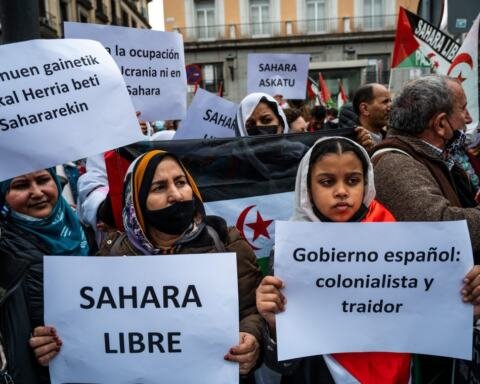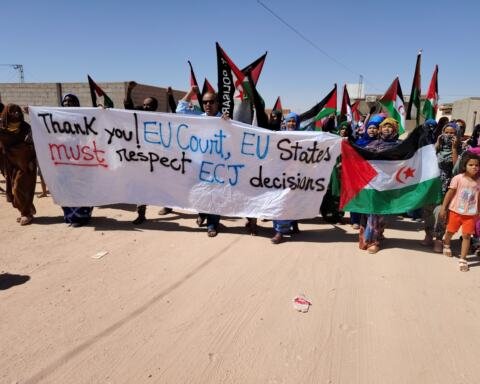Morocco’s new constitution of July 2011 brought very little change and hardly touches on the King’s privileges. It continues with the same autocratic system of patronage and clientelism, long associated with those close to the King, ignoring what had been requested by the protesters in Morocco and promised by the King. The revised constitution and subsequent formation of the new government after the elections of November 2011, was a missed opportunity to move Morocco towards real democracy and to address some of the country’s development needs.
The precipitous move by King Mohammed VI and his entourage to have a new constitution quickly drafted and approved follows the same lack of long-term strategy, which has not served Morocco and its people well in either internal or external matters, including the Western Sahara conflict. This article outlines Morocco’s actions in revising its constitution and forming a new government in response to protests and those in handling the Western Sahara conflict. It argues that real democracy in Morocco and the Western Sahara could help both the Kingdom and its adversaries in resolving the conflict.
Full article
Morocco-s-new-constitution-and-the-Western-Sahara-conflict-a-missed-opportunitySource: Taylor & Francis Online
Support our work
Support our work
Support our work with a one-off or monthly donation
AuthorAnna TheofilopoulouYear2012Pages11LanguageEnglish
Share via
Related resources
The Western Sahara Dispute: A Cautionary Tale for Peacebuilders
The UN and MINURSO have succeeded neither inconducting a referendum nor in…
Western Sahara as a Hybrid of a Parastate and a State-in-Exile: (Extra)territoriality and the Small Print of Sovereignty in a Context of Frozen Conflict
Within the liminal universe of parastates, what makes Western Sahara/SADR…
The Front Polisario Verdict and the Gap Between the EU’s Trade Treatment of Western Sahara and Its Treatment of the Occupied Palestinian Territories
Morocco’s control over Western Sahara and Israel’s control of the West Bank…



